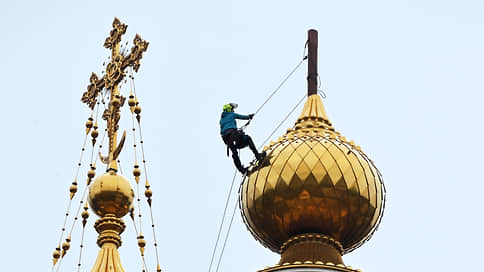Oh, the fat man, on the fire -safe side of Ede
/s3/static.nrc.nl/images/gn4/stripped/data130884582-fb4e29.jpg)
Call climate ramps tourism, but once in Ede I cycled into the forest. Also a week after the Brand Master you could still smell there that you approached the broken fields of the Eder Heide. Between the fire and the built -up area there was still a big piece of forest – cracking dry, though; This is how the many Eder street bookcases have been spared. On the fire -safe side of the track is the richly filled ‘library of Bunt’ full in the sun, including – reading, as it should be – Beyond the last city from Gerrit Achterberg. Safe hidden behind the equally classic boarding book Juvenile we think A boy who would make up for everything.
That boy from the title was Ischa Meijer (1943-1995). The rule comes out Sonnet ‘Sometimes I walk to the Victorieplein at night’ that Meijer published in 1972. The collection is a collection of Meijer’s collection of texts published in 1996 about his origins and his parents, with whom he had a terrible relationship ruled by war traumas. The parents died shortly after each other in 1993, a year and a half before Meijer himself succumbed to a heart attack on his 52nd birthday. (What votes extra melancholy is that compiler Rob Grootendorst has also been dead for 25 years.)
A previous reader has this copy of A boy who would make up for everything Read with a pencil in hand. She (or he) occasionally put a dash in a sentence about war or anti -Semitism, sometimes noted a justified observation (‘Carmiggelig -like’) and often marked Meijer in the columns in the course of the pages in the course of the pages Het Parool He wrote as ‘the fat man’: the use of creative personal forms to avoid an excess of forms of ‘saying’. It produces words such as ‘Heesde’, ‘difficulty’, ‘jovial’ and ‘toneless’. The honorary prize goes to « » Oh, « the fat man, suddenly blushing. » Incidentally, the previous owner stuck these words with a circled, which looks disapprovingly. Other passages were given a straight line.
As when the fat man says: « For the past thirty years I have been able to meet my mother ten and my father in three times. » Many columns in the book revolve around encounters between Meijer and people who confront him with good memories of those parents. Their household help says: « I also loved your mother a lot (…) and your father was a beautiful person. He had such a flawless insight into children. Did you know? » The son does not go further than a panicky silence – a beautiful scene.
Very beautiful and bitter – also to be found in the big Meijer-Great Lecture I have nothing against anti -Semites, I live (Private domain)-Is ‘Die Brücke’, in which Meijer reports on a visit with his father to Freiburg, in 1951: « For the first time since that unwanted delay in Bergen-Belsen, he was back in that hated and beloved country. » The double -hearted relationship to the German manifests itself in the intention to spend the night on the other side of the Rhine, in France. But where is the bridge? Father can’t find it. « Die Brücke, » he shoots a passer -by. « And that neat Mof started to laugh. » The bridge was bombed away during the war and the hotel across the street too: « And that is why the fat boy and his father slept in Germany that evening. Very close to each other, in that strange scented bed. »
And: « Dear desire and heartbreaking hatred made him shiver. » Oh, oh.

/s3/static.nrc.nl/images/gn4/stripped/data133306951-418567.jpg|https://images.nrc.nl/Aqhex4vuXDkTG2ibAuxQ999h3pQ=/1920x/filters:no_upscale()/s3/static.nrc.nl/images/gn4/stripped/data133306951-418567.jpg|https://images.nrc.nl/IUxmNDWQ6SsEQ92WXa797HqINn0=/5760x/filters:no_upscale()/s3/static.nrc.nl/images/gn4/stripped/data133306951-418567.jpg)
/s3/static.nrc.nl/images/gn4/data133314127-765aec.jpg)
:format(webp)/s3/static.nrc.nl/wp-content/uploads/2025/06/05163439/data133217982-f902a2.jpg)


